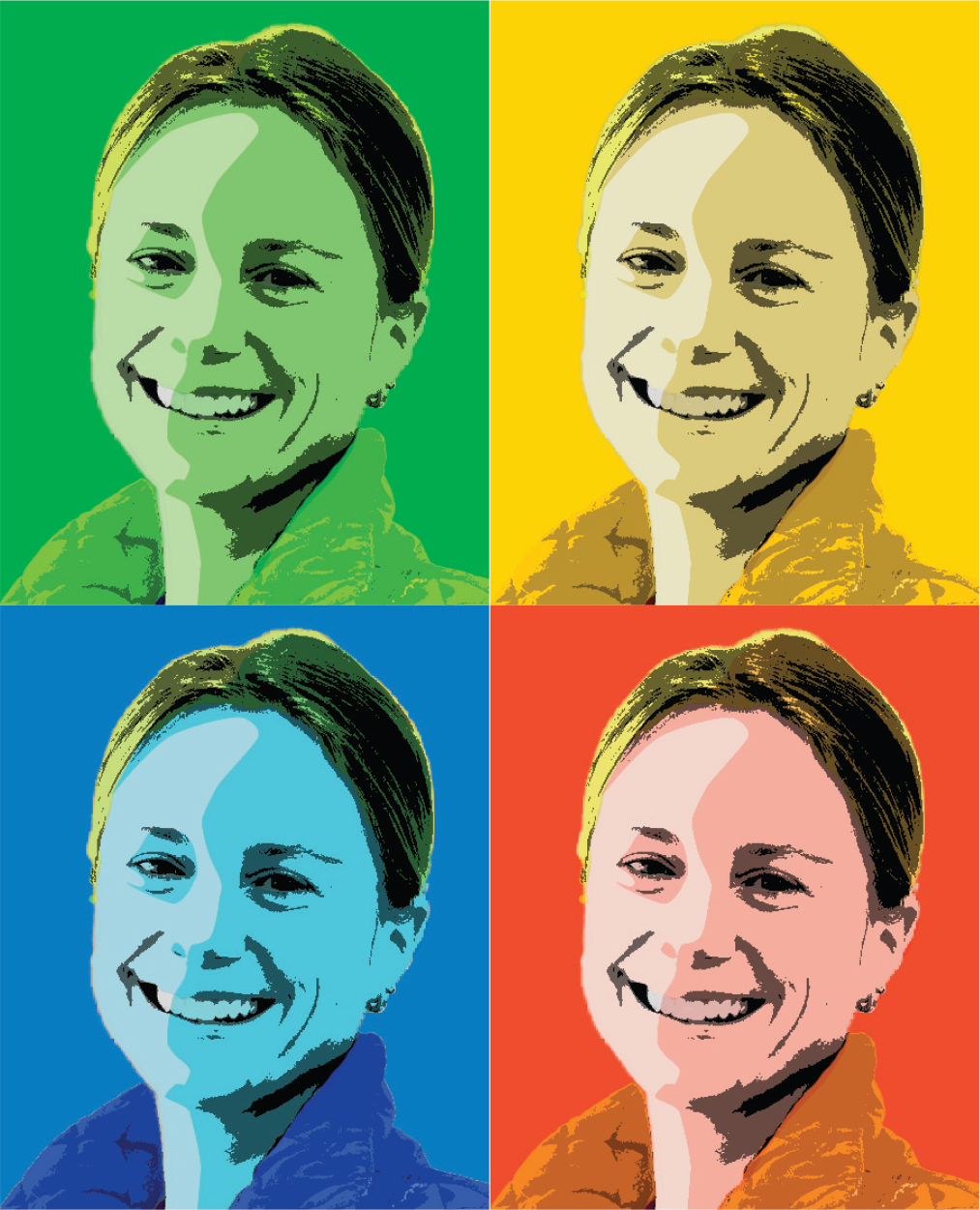Dr Jenn Tranmer
Dr Tranmer answers the Proust Questionnaire, telling us about her heroes, regrets, and what she values most in colleagues.

What profession might you have pursued, if not medicine?
I came close to a career in health policy and economics. In my daydreams now though, perhaps writing.
Which talent would you most like to have?
I would love to play an instrument, carry a tune, and know more languages.
What do you consider your greatest achievement?
My two girls. They challenge me tremendously, but I can’t think of anything greater I could leave on this earth.
Who are your heroes?
Just about any woman who walks the face of this earth. I revel in the everyday heroes I get to meet each day at my job. The courage, bravery, strength, and warmth it takes to be a woman these days never ceases to amaze me.
What is your idea of perfect happiness?
Finding, knowing, and practising your true purpose. Getting to express all the many facets of yourself. Having love for and peace with the person who you are, and having beings around to share this with.
What is your greatest fear?
Not allowing myself to follow my heart and soul. And, of course, I’m a mom, I worry about my kids with most breaths.
What is the trait you most deplore in yourself?
Self-critique. (Ha! You have to find the irony in that!)
What characteristic do your favorite patients share?
Gratitude, empathy, patience.
Which living physician do you most admire?
Every single physician who works with me at Grow Health. Their stories, their lives, their struggles, and their passions are an inspiration every single day.
What is your favorite activity?
It’s a three-way tie between vinyasa, running in the woods, and horseback riding.
On what occasion do you lie?
Some days, when patients ask, “How are you?” I say, “I’m good.” Honestly, some days I’m not good. No one is good on all the days.
Which words or phrases do you most overuse?
“Please, I beg you, just eat your dinner.” Or, “I’m leaving now.” (I never leave then; usually it’s about 30 minutes later.)
What is your favorite place?
It’s a tie between the top of my kids’ heads or my husband’s right shoulder.
What medical advance do you most anticipate?
Improved approaches to address trauma.
What is your most marked characteristic?
Many say I am calm and thoughtful. I hope they are right.
What do you most value in your colleagues?
Trust, empathy, authenticity.
What are your favorite books?
The Artist’s Way, Daring Greatly, Untamed, Shoe Dog, Never Split the Difference, The Testaments, and Blindness.
What is your greatest regret?
I had to put one of my horses down at the beginning of high school. He was my great partner. I wish I had spent more time with him in the last months. I wish I had tried harder to find a different way.
What is the proudest moment of your career?
Creating great friendships and keeping deeply in touch with the residents I have taught.
What is your motto?
Do the work when it’s in front of you.
How would you like to die?
Quietly, sitting in a rocker, in my bedroom, at my home in Nicaragua. Surrounded by animals and the people I love. Staring out over the ocean, trees, birds, and flowers.
hidden
Dr Tranmer is a co-founder of Grow Health in Victoria, BC, where she practises family medicine, maternity, and newborn care. She is actively involved in teaching and was vice-chair of the South Island Division of Family Practice. She is currently the president of BC Family Doctors.
